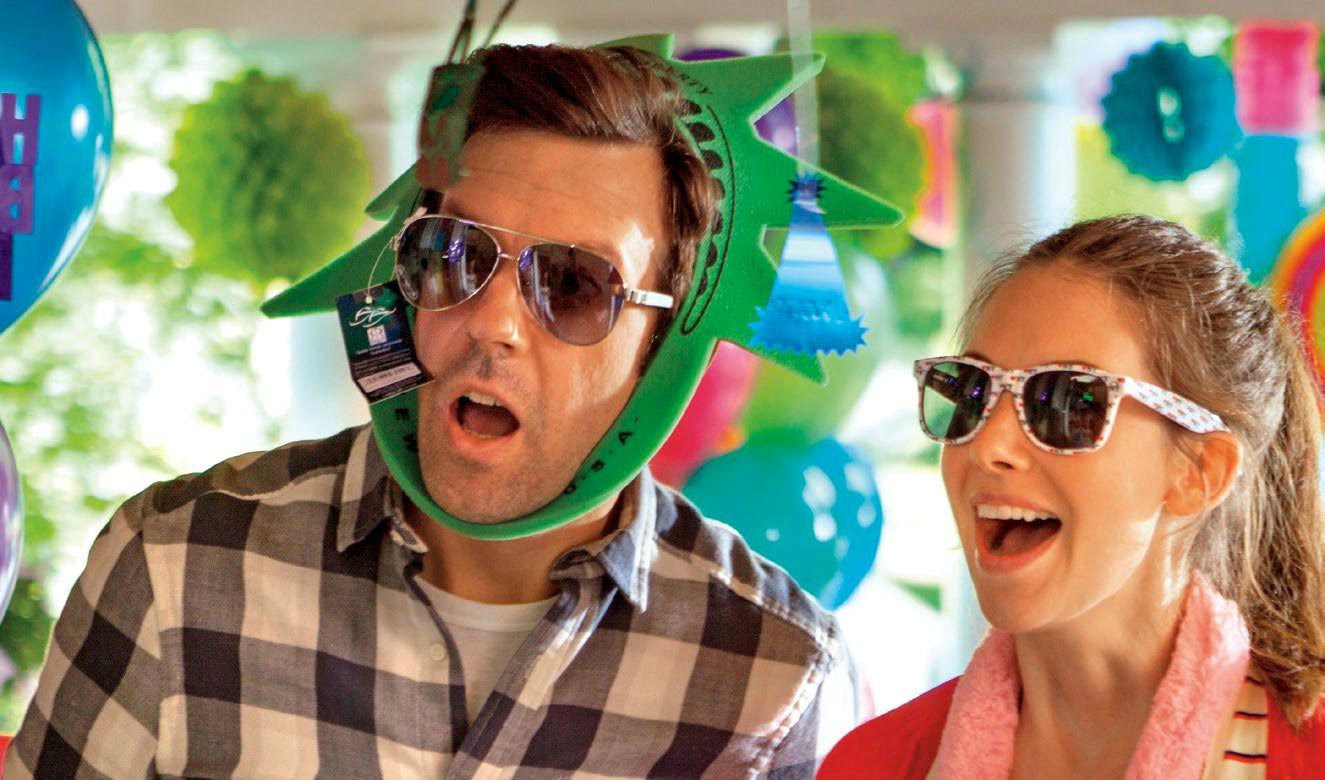Partisan
by Hope Madden
Ariel Kleiman casts a spell with his feature film debut Partisan, an enigmatic effort concerning a tribe of juvenile assassins and their surrogate – and sometimes biological – father, Gregori.
A captivating Vincent Cassel stars as the mentor, guru, and unyielding leader of the group. The film opens on Cassel, ragged and alone, building from hand and refuse what will become a sprawling, hidden fortress. Here he will house and educate a dozen or more children and their world-wearied mothers.
This is a cult, of sorts, and Gregori’s methods are deceptively paternal, but as his eldest and first protégé approaches adolescence, the limits of Gregori’s control begin to appear.
Kleiman’s measured storytelling offers as many questions as answers, enthralling with this alien yet believable scenario. He creates an atmosphere of near-wholesomeness and dubious nurturing that chills you.
Cassel’s performance is both restrained and bursting. Though the French actor has portrayed scads of villains in his impressive career, none are as thoughtfully drawn as Gregori. Cassel plumbs the character for self-delusion, tenacity, faux tenderness, and icy psychosis all at once. Gregori is exactly the charismatic figure who could command from nothing just such a bizarre family.
His chemistry with the young cast is both frightening and lovely – particularly his fragile onscreen bond with Jeremy Chabriel as prepubescent killer Alexander. Chabriel shoulders much of the film’s emotional heft, and he’s able to communicate the especially complicated coming of age facing this character with the skill of an actor twice his age.
Chabriel’s scenes with his mother and baby brother are layered, as the boy grapples with his own youthful – though not exactly innocent – view of the world, family, patriarchy, and devotion.
The unanswered questions, though often provocative, sometimes make the film feel unfinished. Still, Kleiman is a confident storyteller, and even with some missing pieces, he’s composed a taut, chilling, and unique vision of a particularly fraught journey toward adulthood.









